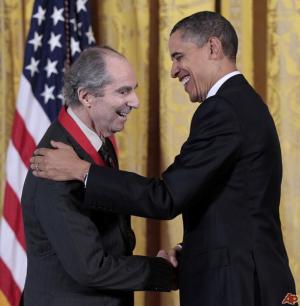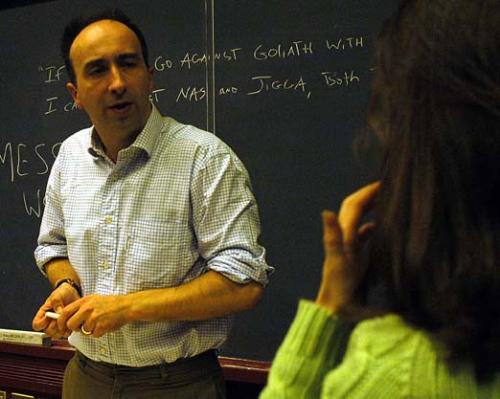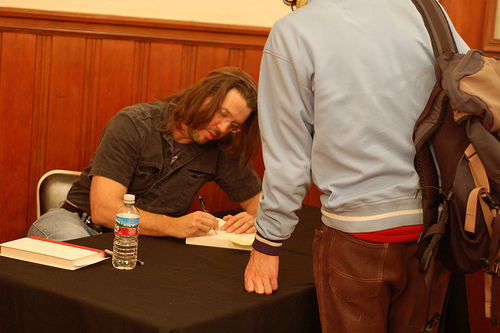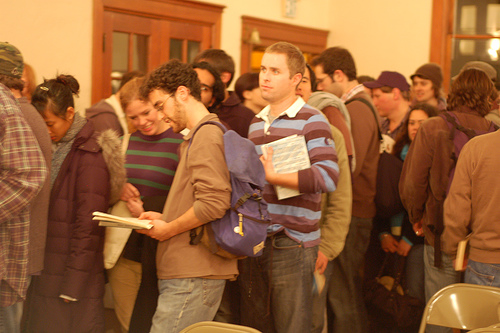World Women in Literature Day
/ Mr. Jonathan Franzen, author of the acclaimed novel, Freedom, was unable to attend the launch of World Women in Literarature Day.
Mr. Jonathan Franzen, author of the acclaimed novel, Freedom, was unable to attend the launch of World Women in Literarature Day.
BREAKING NEWS: Jonathan Franzen, author of the acclaimed novel Freedom, was unable to attend the launch of World Women in Literature Day.
 Philip Roth and the President of America discuss World Women in Literature Day
Philip Roth and the President of America discuss World Women in Literature Day
Philip Roth, author of the great American novels, The Great American Novel, American Pastoral, and The Plot Against America, said last night "It is a tragedy for world literature that Jonathan Franzen was unable to attend."
Women's literature is currently making a big splash in America. News that a woman had won the recent Pulizer prize for fiction was covered by the New York Times, who devoted a full line to it in their initial announcement. In a break with tradition, they even spelt her name correctly in some later editions of the paper (see correction below the article).
 David Foster Wallace celebrates World Women in Literature Day. Image courtesy Esquire and the collective unconscious.And the publishing world has been swept by rumours that several female Nobel Prize winning authors from unfashionable countries may be briefly reviewed in two, or even three, American news outlets next year, so long as David Foster Wallace (author of the wildly acclaimed first half of a novel, The Pale King), doesn't release a collection of unfinished short stories, or a facsimile of a notebook.
David Foster Wallace celebrates World Women in Literature Day. Image courtesy Esquire and the collective unconscious.And the publishing world has been swept by rumours that several female Nobel Prize winning authors from unfashionable countries may be briefly reviewed in two, or even three, American news outlets next year, so long as David Foster Wallace (author of the wildly acclaimed first half of a novel, The Pale King), doesn't release a collection of unfinished short stories, or a facsimile of a notebook.
A spokesman for the American Press Association said last night: "Your mouth is moving but I can't hear you, I think because your voice is so high."
Please click on the three photographs for further information on this story.



